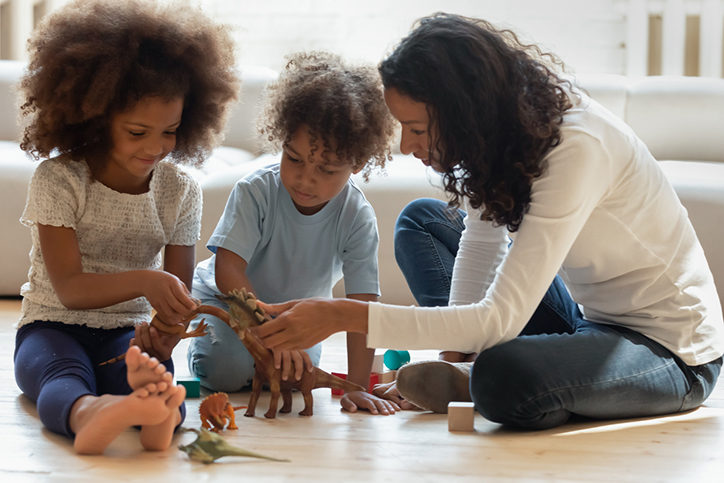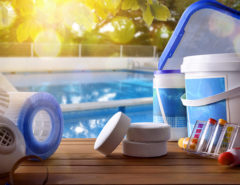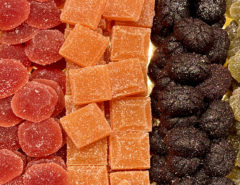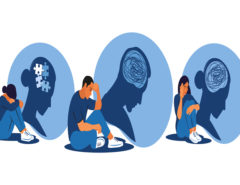Poisonings are very common in children under the age of six, and 90 percent of the time they happen at home! So before you go out for a date night, here are some important things to do and talk about with your babysitter.
Our Phone Number
Everyone should program our phone number, 1-800-222-1222, in their phone! When leaving an emergency contact list for your babysitter, be sure to include the poison center phone number too. Our poison specialists are available 24/7 and calling is free. We have experience talking to siblings, babysitters, and caregivers of all kinds.
Remind your babysitter that in case of any poison emergency, you want them to call the poison center at 1-800-222-1222 first, and then call you.
Examples of a Poison
A poison can be anything used in the wrong way, in the wrong amount, or by the wrong person. Some common poisons a babysitter may need to be aware of are:
- Cleaning products
- Personal care products
- Medicines
- Coins, toys, magnets, button batteries
- Plants, berries, mushrooms
- Bites or stings from creatures
In all of these instances, and more, a babysitter can call the poison center.
Be sure to take a look around your home before the babysitter arrives to ensure these items, and other potential poisons, are stored up, away, and out of sight.
First Aid for Poisonings
It is important to perform the following first aid, then call the Maryland Poison Center (MPC) at 1-800-222-1222 for more information. When calling, have the product nearby so that the specialist can provide information for the specific product involved. Leave a copy of our First Aid Information Sheet for your sitter.
Skin Exposures
Remove any contaminated clothing or jewelry. Rinse the skin with lukewarm, not hot, water for 10 minutes. Then call the MPC for more help.
Eye Exposures
Flush the eye with lukewarm, not hot, water for 15 minutes. Blink the eye as much as possible, but do not force the eyelid open. After flushing the eye, call the MPC for more help.
Swallowed Poison
Gently wipe out the mouth and drink a small amount of water. Do not make a person vomit by putting a finger in their throat or giving them any kind of home remedy. Do not wait for symptoms to call.
Safe Storage of Personal Items
Although your home may be poison-proofed, when guests are visiting they may not follow the same safe storage practices. Leaving backpacks and purses on the floor may invite young children to investigate the contents. Provide babysitters with a safe place to store their personal items. Medicines, cosmetics, and art supplies can all be poison hazards. Also, coins and small toys are choking hazards.
Medicine Safety
If you plan to have your babysitter give your child medicine while you’re gone, talk through what you want them to do. It is also important to write the instructions down for them too, just to be sure they have all the information when they are ready to give the medicine. Be sure to include when and how to give the medicine. Always remind them to secure the lid or cap and put it back in its safe storage place when finished.
If the sitter will be giving a liquid medicine, review the dosing apparatus for that specific medicine. Be sure they use the specific one for the specific medicine, because dosing apparatuses for other medicines may have different dose markings.
If your child has allergies, be sure the babysitter knows what they are allergic to and the signs of them having an allergic reaction. Also show them where the medicine is if the child has an allergic reaction while you are away.
The Great Outdoors
If your babysitter will be spending time outside with the children, there are a few additional things to keep in mind. Encourage your children to stop and ask first before touching a plant, berry, or mushroom while outside. You can share with your babysitter what it means for children to stop and ask first.
Going back to our first point, be sure they have the poison center phone number programmed in their phone so they can quickly get in touch with us. You can call the poison center from anywhere!
Whether your babysitter is a grandparent or the teen next door, keep these tips in mind. Looking for more information to share? Check out this information sheet specifically for babysitters.





Leave a Reply